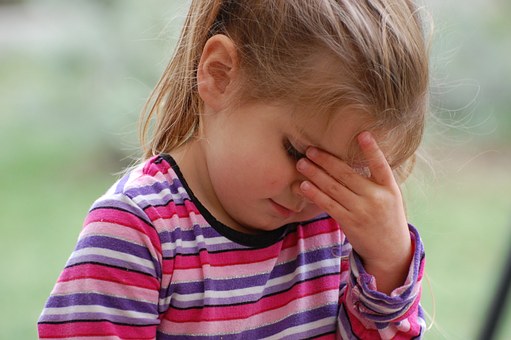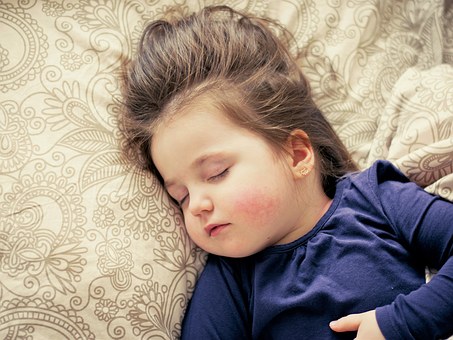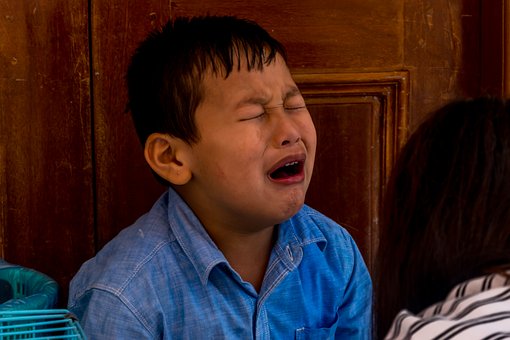
Chronic pain is severe as is, but how can ensure that you can still raise your child the best way despite it? “Chronic pain also often includes a tremendous psychological and social burden; children with ongoing pain regularly miss school, are unable to participate in activities, have reduced social relationships, and are three times more likely to have symptoms of anxiety and depression than children without pain,” says Rachael Coakley Ph.D.
These points may help you, the parent, always do your job effectively, being fair and firm on your child. Medications can only do so much. As many may have said, the household is still the critical factor in all of this. You will need to make sure you understand the pain, yet encourage him/her to normalize, not letting the pain consume him/her.
Routines & Rewarding
Chronic pain is a routine of pain, so what does one do? Fight it back with a method of your own. Encourage him/her to continue with school but do ask for considerations for the condition for things such as gym class and any other potential hazards.
A function may help dull out the pain and does more so when it improves. Encourage (not threaten) the child to do chores, starting with simple ones such as taking care of his room or preparing the table for dinner, and reward them for doing so. Putting up a schedule on the fridge door may be recommended, so to support keeping a routine.
However, keep in mind the reality of the condition, gradually adjusting the routine to best suit the child’s capabilities. Do try to reach out to professionals for more information and support on the matter.
Differing rewards can be given to a child, depending on age. Younger ones can use a sticker system to keep track of their success every day, while older ones appreciate praise about their independence.

Sleep Hygiene
Sleep management is very much a factor in this. Unchecked, lack of sleep can cause mood swings and can worsen the pain experience. Many things can distract from getting the adequate hours in, and as such, guidelines need to be followed, such as:
- No caffeine, sugar, spice within four hours of bedtime
- Limit the screen time an hour right before bed
- Keeping everything that has a screen outside the bedroom
- Teaching the child to relax come night and eventually fall asleep of their own accord
Help With Transitions
Your child is going through a time of many a change, be it upcoming middle school, joining a new camp, dabbling in an after-school activity, or joining the school team. An essential step in all of this is having a relaxed conversation; ask them about their fears and assure them they’re going to be alright.
Do, however, encourage him to stay on a routine, keeping in mind that the child needs support from you, and help them regain their independence, which they may want when middle school comes.
“Focusing on what the child can do to help himself or herself empowers the child to get control over the pain instead of allowing the pain to take control,” says child psychologist Laura Goldstein, PsyD.
What Not To Do
- Do not ignore the child’s pain. Surely there may not be visible signs, but that doesn’t excuse you from ignoring it. It will be essential that the child knows that you believe their pain.
- Do not heavily focus on the pain. As Wilde has said, “everything in moderation”; and it sure does apply here. Doing the extreme opposite is also not healthy for the situation, as it may just worsen the psyche more.
- Do not be over-protective. Children, especially older ones, may feel belittled when you do this. Your job is only to guide them, not control them or the environment around you.
- Let the child speak for himself/herself.
- Do not coddle the child. Just because pain is present doesn’t mean you can be lax on your parenting. Be on the lookout if the child attempts to manipulate the situation unjustly, and mete out consequences.
- Do not chase a cause that isn’t there. Touring a whole host of specialists or piling the tests on a patient doesn’t help with the psychological aspect, and as such, isn’t recommended.
- Do not let the pain define him/her. Draw attention to his/her talents instead of the condition. It could help with mental well-being.

Self-Support
Dealing with a child in chronic pain may demand much out of you, and as such, you need to take care of yourself. After all, you could not adequately take care of your child if you’re also in an unfit state. Sometimes, it is ok to hang back, watch some Netflix, play a game, etc. Everyone has different ways and needs, but here are the more common ones:
- Enough sleeping hours
- Exercise
- A balanced diet
- Socialization
- Enjoyable activities/hobbies
Do remember that it’s okay to seek professional help if it would for the better. Accept that sometimes, it’s ok to be human with weaknesses. “Therapy goes beyond survival to enhancing your life. “It can help people develop and foster passion, productivity, and balance in their lives,” said psychotherapist Chris Boyd, MA.